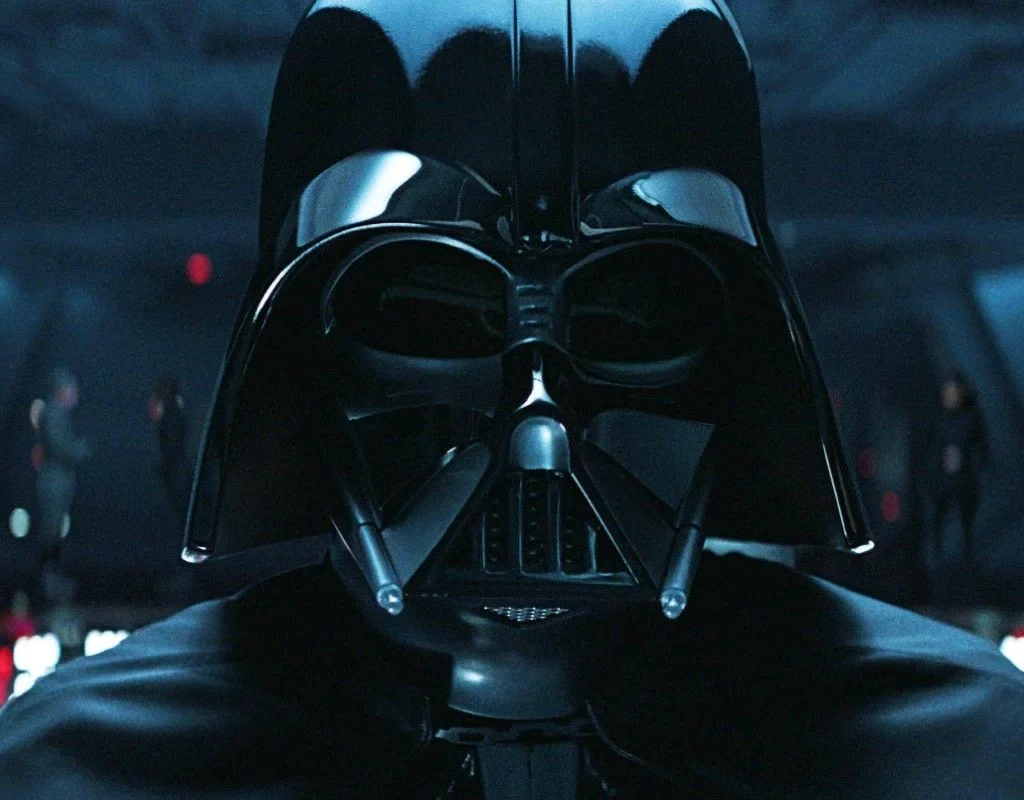Ben Espinoza is Theology and the Star Wars Universe’s editor and a practical theologian. He told Insights that the book had its basis in another, earlier project.
“There was a call for papers that caught my attention for Theology and the Marvel Universe,” he recalled.
“Being a practical theologian and pop culture nerd, I wanted to contribute something to the book. That didn’t end up working out, but I discovered that the book was part of a larger series that Matthew William Brake had started called Theology and Popular Culture (now Theology, Religion, and Popular Culture).”
“There was a call for manuscript submissions, and I wanted to put something together. I had initially thought about Star Trek or something related to Pixar, but landed on Star Wars.”
James McGrath is Clarence L. Goodwin Chair in New Testament Language & Literature
at Butler University and one of the book’s contributors. His chapter explores the notion of ‘cannon’ and how this has impacted on the franchise.
“Having already explored canon in Star Wars, and developed a card game to explore parallels between canon in the biblical sense and in relation to fandom, this seemed the appropriate topic for me to focus on,” he said.
“In particular I had been struck by the Jedi sacred texts that are in Luke’s possession in The Last Jedi. He considers burning the sacred tree that houses them and Yoda beats him to it, with some interesting commentary to offer on texts, learning, and other things, including the fact that people esteem texts without necessarily truly embracing or even being familiar with their contents.”
Thinking about pop culture in new ways
Dr Espinoza said that the book has so far been, “Very well-received.”
“I’m receiving emails on a weekly basis from folks saying how much they’ve enjoyed the book,” he said.
“I’m hoping that folks are asking better and deeper questions about the media they consume, the messages these media send, and how we can think about culture in fresh ways.”
Despite its broader themes, Star Wars is not a text that makes for direct Christian analogies. The Force is a non-theistic power that binds the fictional universe together. According to Dr Espinoza, there is still much to draw from.
“That’s an interesting question–there was no lack of folks who wanted to examine the series from a theistic perspective,” he said.
“I had around 50 to 60 chapter proposals but could only accept a handful due to page constraints. But the connections between theism and the Star Wars universe are endless, as you can see in the book.”
“Perhaps a large challenge is that there are some analogous concepts to monotheistic religions, but the analogies aren’t perfect (the Holy Spirit is NOT the force!). Moreover, I would argue that there are several “Christ figures” throughout the franchise, not just one.”
Dr McGrath observed that there are many themes within the franchise that make for fertile exploration.
“I think the power and popularity of Star Wars is that it sits comfortably at the intersection of many genres. It is sci-fi but also fantasy,” he said.
“It is ultimately a drama about redemption, parenting, heroism, and much more that we can relate to in the real world and yet which fictional stories always seem to help us think about in new ways and with important insights to offer.”
“It made explicit room for religion but in a manner that was more about mystery and the mystical than spelling out the beliefs and dogmas of aliens in detail. It refused to offer a simple story of good vs. evil, showing that the best and worst characters are all a mixture of both.”
“The book’s chapters and its various authors range across many aspects of the franchise: robots, ethics, nonviolence, dualism, clergy, discipleship, and much more.”
Dr Espinoza said that he hopes the book will prompt wider discussion about faith and popular culture.
“I’m excited to see the reception of the book in the months and years to come, and I’m hoping that we can start to have more “water cooler” conversations of a theological nature,” he said.
“The Star Wars universe is becoming so deep and so wide, and I’m hopeful that the franchise can continue to be a great conversation partner in the areas of spirituality, faith, justice, and hope.”
Theology and the Star Wars Universe is available now.












